Car warranties simplified
On paper, a car warranty is your best bet against big service and repair bills. In reality, however, there are loads of fine print.
Published On Oct 19, 2016 06:00:00 PM
8,35,786 Views
Follow us on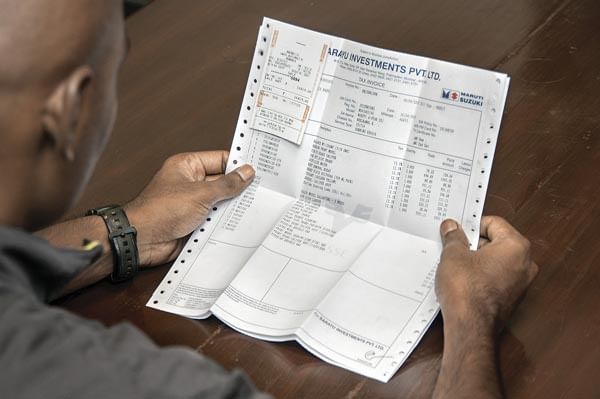
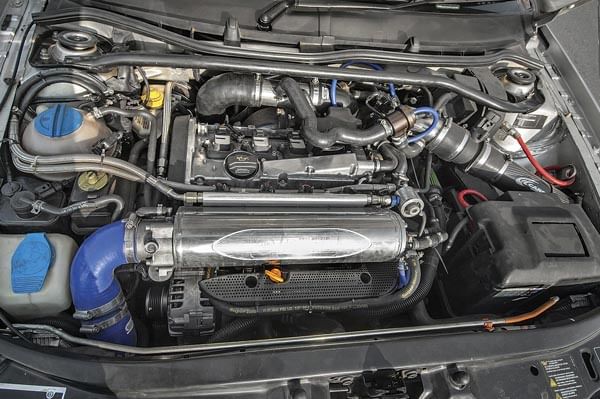
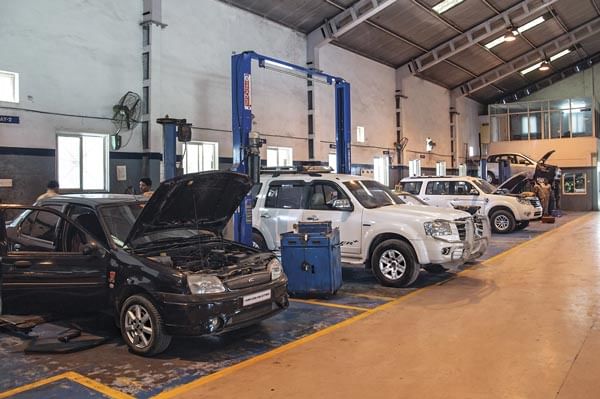
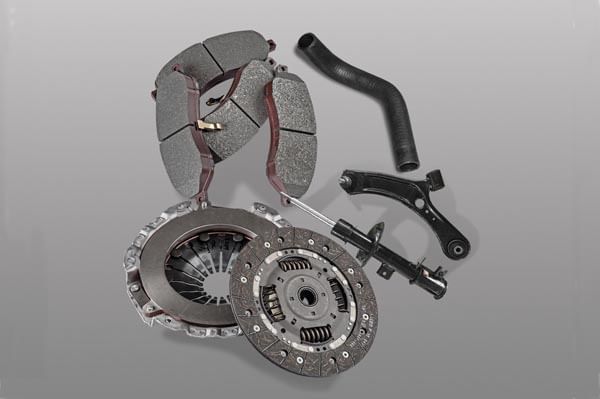
![]() By Staff Writer
By Staff Writer
Every new car, irrespective of the make or model, is sold with a standard warranty. Most new car buyers expect the warranty to ensure peace of mind and a hassle-free ownership experience. The vehicle warranty does keep you safe from any expensive bills that may arise due to any manufacturing or material defect, but that’s only the big picture.
The warranty is basically assumed to be a written assurance that a car’s parts will work as promised for a certain period. This, however, doesn’t exactly hold true. In reality, it’s a promise to fix or repair your car, or specifically, the parts covered under the warranty. And that, of course, is only if you fulfill certain ‘obligations’. But the warranty is quite complicated and full of legal jargon. So, to make it easier to digest, we’ve got answers to some frequently asked questions here that should help.
What is a standard new car warranty?
A new car warranty is a guarantee from the company that it will repair or replace, without any charge to the vehicle owner, any part (covered) that fails prematurely owing to a manufacturing defect. So, it is the most important document that you need when something goes wrong with your car. Although this sounds good on paper, all car owners must carefully read the small print to get an understanding of the actual parts that are covered by the manufacturer’s warranty.
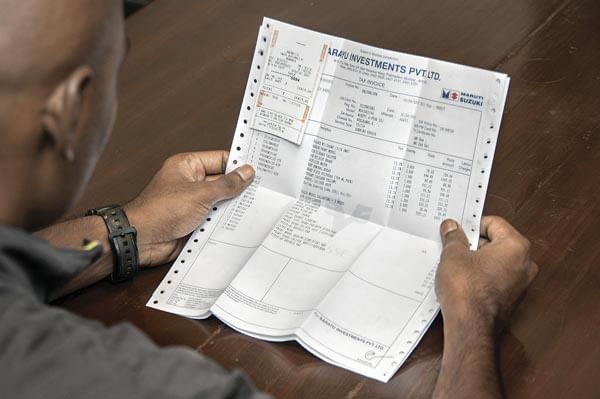
What parts does it cover?
Usually, all new car warranties cover the mechanical and electrical components. However, certain parts that are prone to wear like brake pads, clutch and pressure plates, bulbs and parts made from rubber like pipes are exempt from warranty as they are cited to be exposed to regular wear and tear. It basically means that these parts could have worn out prematurely due to the harsh operating conditions (driving regularly in heavy traffic or humid climate) or bad driving habits (keeping the clutch engaged while the car is stationary in traffic) and not because of any manufacturing defect.
What is an extended warranty? is it worth getting one?
Apart from the standard warranty coverage being offered by manufacturers, buyers have the option of extending it by paying an extra amount. While buying a new car, going for an extended warranty is a sensible choice. Initially, it will lighten your wallet by a bit. But in the long run, it could protect you from any expensive repair work or parts replacement especially once the car covers a good amount of kilometres.
Most manufacturers also offer the choice of opting for the extended warranty after a year of ownership, but it will cost you more. Also, your car will be first thoroughly evaluated by the authorised workshop and if deemed fit, only then will the coverage period be extended.
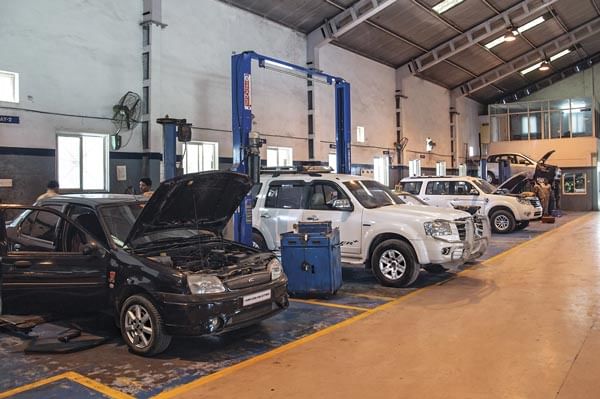
However, going for an extended warranty also means you will have to continue servicing your car at the authorised workshop which will increase your maintenance costs. About 40 percent of a car’s ownership cost comprises the regular servicing and repair expenditures. And compared to an authorised workshop, maintaining your car at an independent garage will cost you nearly 50 percent less.
What factors can void the warranty and why?
There are many reasons due to which your car might lose its warranty cover. The most common one is not sticking to the manufacturer recommended service schedule for kilometres and time intervals. Also, if you don’t service your car at the authorised workshop, the manufacturer will void its warranty. Any mechanical or electrical modification, unless approved by the manufacturer will also void your warranty. Subjecting your car to mechanical modifications such as performance enhancing accessories and addition of an aftermarket CNG/LPG kit will void its warranty.
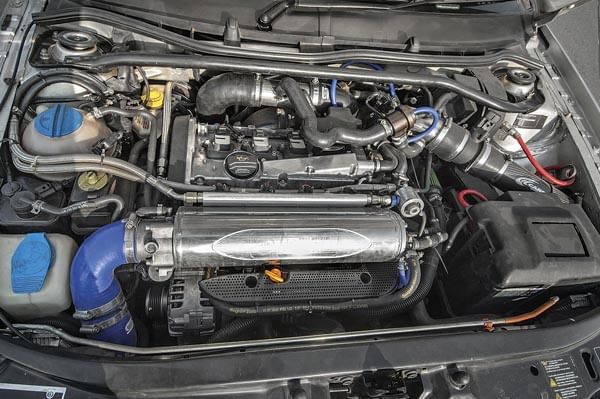
Installing aftermarket electrical accessories like audio and security systems could also void the warranty. If you choose to get these installed in your car ensure no wires are cut during the process. Manufacturers, on occassion, have been known to void the warranty if you change the grade of engine oil, change the air filter or install larger wheels.
My car has a peculiar problem. What should I do?
As soon as you notice an issue with your car, get it examined at the authorised workshop. Carry the car’s warranty paperwork and the service book during the visit. If the workshop is convinced that the peculiar problem is due to a manufacturing or material defect, it will make a warranty claim on your behalf. However, if the workshop says the issue is due to wear and tear and you are not satisfied with the reasons given, talk to the higher authorities at the dealership first. Also, if one dealership hesitates in rectifying the problem then get a second opinion from another authorised workshop as the car’s warranty is valid at all of the brand’s service centres. If you are still not happy with the outcome then write to the manufacturer or to us.
My car has just run out of warranty and an expensive part needs to be replaced. What now?
Legally speaking, the car manufacturer doesn’t have an obligation to inspect or honour any defect claim that has been made after the vehicle warranty has expired. That’s why it helps to be in the good books of the workshop. If you are on good terms with the service advisors and their superiors at the workshop, your warranty could remain intact despite a few minor upgrades. If not, they can void the warranty for upgrading the horn, bulbs or even seat covers.
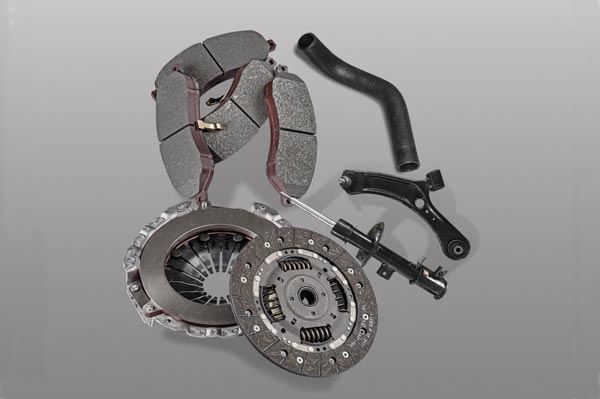
With rising competition, manufacturers and workshops understand the importance of having loyal customers and don’t hesitate in being lenient in special cases. They will even carry out an expensive repair or replace a faulty part without any charge to you as a goodwill gesture. But getting a goodwill warranty is totally dependent on you.
It is vital to read the terms and conditions of your car’s warranty to understand what parts are covered by it and which ones are left out. Going for an extended warranty ensures peace of mind for a longer time and is your best bet against unexpected and expensive service bills. Apart from strictly adhering to the manufacturer-recommended service intervals, develop a good rapport with the authorised workshop that you choose to visit. This will make it easier to get any issue sorted out under warranty. At times, manufacturers reject warranty claims citing the cause as an effect of regular wear. Hence, notify the workshop of any defect as soon as you spot it and always communicate with them in writing and keep a record of it. This will ensure that the car warranty protects your interests and not the manufacturer’s.
Copyright (c) Autocar India. All rights reserved.


Comments
Member Login
Personal Details
No comments yet. Be the first to comment.